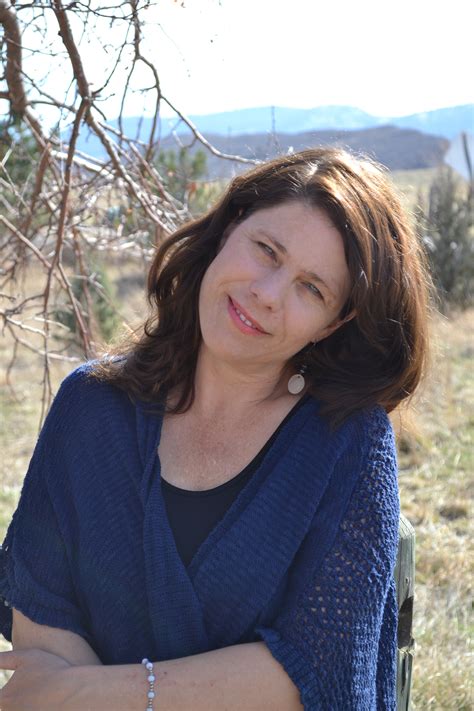A Quote by Elizabeth Edwards
Related Quotes
It is part of our human nature to want to be liked. It is part of our human nature to worry about what others think of us. It is an attribute of greatness and of American exceptionalism to not surrender to our nature, but to be guided by an inner calling to persevere and to prevail, no matter the personal cost.
Will we go explore? Absolutely. That's what humans have been doing since we left the caves in Ethiopia. Why? Because this is part of our nature. We're curious. We want to push the envelope. That will never stop. We will see people on Mars, hopefully in our lifetime. My hope is that the endeavour is so large, so complex, so technically challenging, so demanding and so uplifting, that it will be done with a consortium of nations. I hope the people who do set foot on Mars will do so for all mankind, and not just one nation in particular.
People today have forgotten they're really just a part of nature. Yet, they destroy the nature on which our lives depend. They always think they can make something better... They don't know it, but they're losing nature. They don't see that they're going to perish. The most important things for human beings are clean air and clean water.
Every time we have come to the end of a conflict, somehow we have persuaded ourselves that the nature of mankind and the nature of the world have changed on an enduring basis and so we have dismantle our military and intelligence capabilities. My hope is that as we wind down in Iraq and whatever the level of our commitment in Afghanistan, that we not forget the basic nature of humankind has not changed.
Hope is critical to both faith and charity. When disobedience, disappointment, and procrastination erode faith, hope is there to uphold our faith. When frustration and impatience challenge charity, hope braces our resolve and urges us to care for our fellowmen even without expectation of reward. The brighter our hope, the greater our faith. The stronger our hope, the purer our charity.
Where is the hope? I meet millions who tell me that they feel demoralized by the decay around us. Where is the hope? The hope that each of us have is not in who governs us, or what laws are passed, or what great things that we do as a nation. Our hope is in the power of God working through the hearts of people, and that’s where our hope is in this country; that’s where our hope is in life.
Nature consists of facts and of regularities, and is in itself neither moral nor immoral. It is we who impose our standards upon nature, and who in this way introduce morals into the natural world, in spite the fact that we are part of this world. We are products of nature, but nature has made us together with our power of altering the world, of foreseeing and of planning for the future, and of making far-reaching decisions for which we are morally responsible. Yet, responsibility, decisions, enter the world of nature only with us
Hope. People want hope. We crave hope. We long for hope. Hope has been present since the very beginning. And almost in the worst situations of human history, you often find the greatest amount of hope. The very nature of the situation, the way stepped-on people created within them even more hope than when things were going fine. Hope has always been around.




































